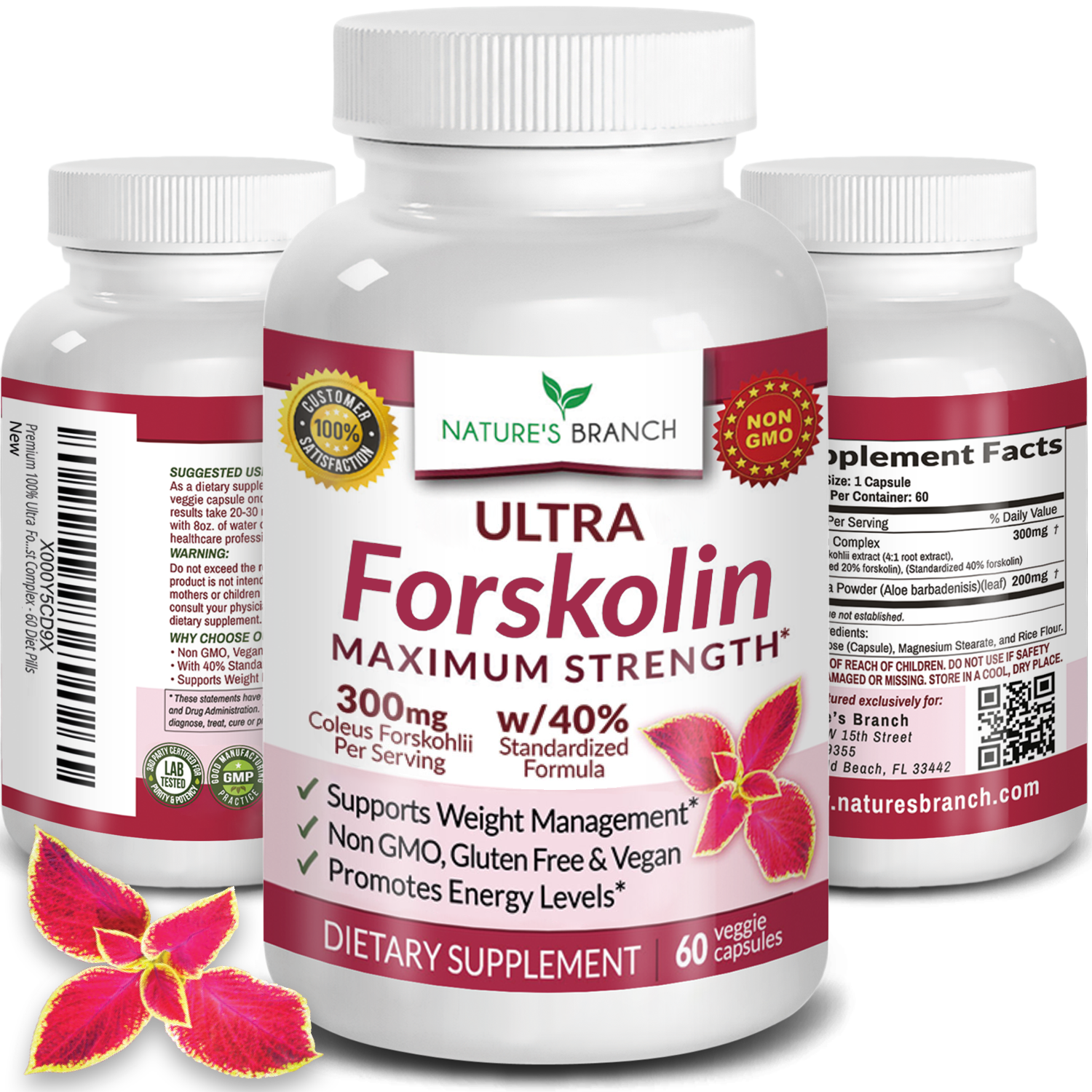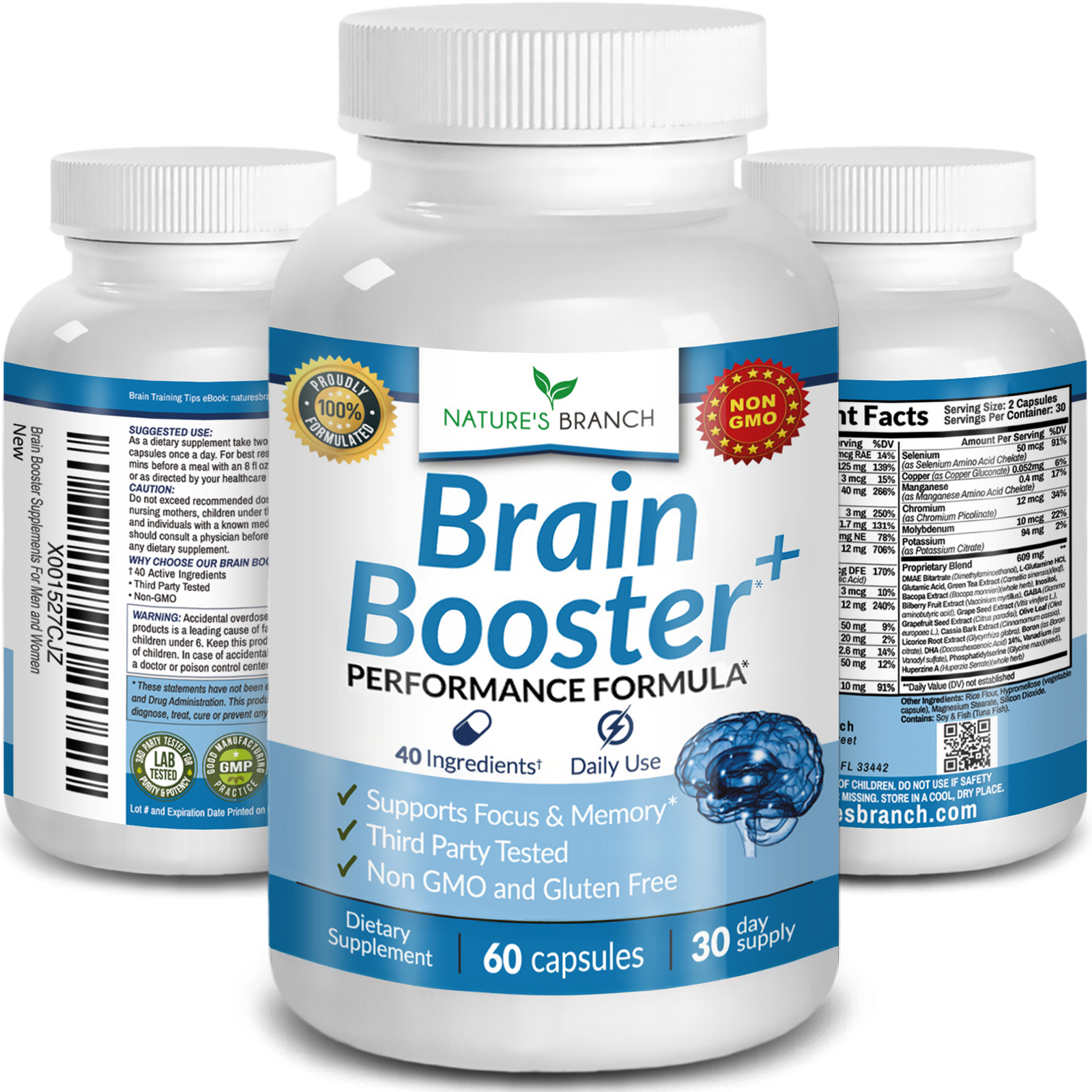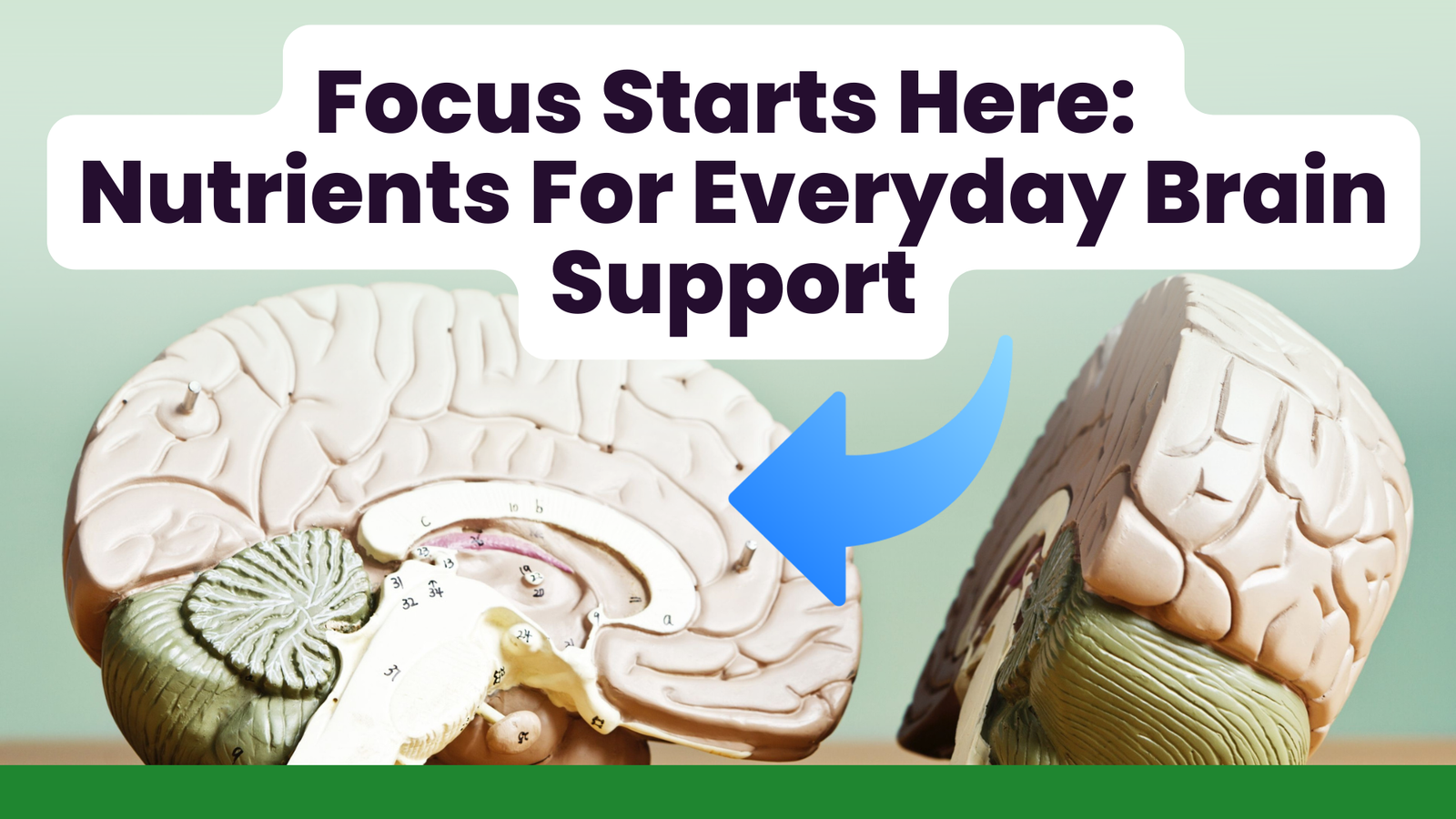Most people are aware that one of the kidneys' primary functions is to remove waste products and excess fluid from the body through our urine. This process is needed to maintain a stable chemical equilibrium in the body. They purify the blood by filtering waste materials, excess water, and other impurities. These waste products are stored in your bladder and then excreted via urine.
Furthermore, the kidneys are in charge of controlling the body's sodium, potassium, and acid levels. Aside from these, our kidneys balance the body's fluids, extract waste products, release blood pressure-controlling hormones and help to maintain solid, healthy bones.
Maintaining kidney health is important for optimal health and well-being. Your body will filter and remove waste properly if your kidneys are in healthy status.
Here are some tips to help keep your kidneys healthy and maintain their function in your body.
1. Be Active and Fit
In the United States, almost 30 million people have kidney issues. More and more people were recorded to be at high risk. It has been researched that exercise can be beneficial for the kidneys and that maintaining a daily exercise routine is something to take into consideration.
Why not choose a continuous exercise that you like such as walking, swimming, bicycling (indoors or out), skiing, aerobic dancing, or some other activity that requires you to constantly shift large muscle groups? Low-intensity strengthening exercises may also be useful in your exercise routine.
2. Monitor Your Blood Sugar Level
High blood sugar levels may cause harm to your eyes, nerves, heart, blood vessels, and kidneys over time. Controlling blood sugar and taking other self-care measures may also aid in the maintenance of kidney health.
Consult your doctor on your blood sugar goals. Not everyone's blood sugar target will be the same as it differs from person to person.
3. Your Blood Pressure Matters
The health of your kidneys and circulatory system are interdependent. The kidneys remove waste and excess fluids from the blood, and they do so by using a large number of blood vessels. This is why hypertension (high blood pressure) is a common cause of kidney problems.
Remember that uncontrolled high blood pressure over time can narrow, weaken, or harden the arteries around the kidneys. It is suggested to always check your blood pressure levels from time to time. Your physician can also give recommendations on how to control it for better kidney health and healthy living.
4. Weight Loss and Eating Healthy Foods
According to a report published in the Clinical Journal of the American Society of Nephrology, losing weight can help maintain kidney functions. About a third of adults in the United States are obese or overweight and, according to the study, losing weight is an effective measure that kidney patients may want to undertake in order to support their kidneys.
Losing weight can be linked to a healthy diet. It is recommended to revisit your daily diet and plan which foods you need to be consuming. Cauliflower, blueberries, sea bass, red grapes, egg whites, garlic, buckwheat, olive oil, bulgur, cabbage, skinless chicken, bell peppers, onions, arugula, macadamia nuts, radish, turnips, pineapple, cranberries, and shiitake mushrooms are just some of the top healthy food choices to help support kidney health and wellness.
5. Hydrate Yourself with Water
Keep in mind the importance of water to your body. A common misconception is that everyone should drink eight glasses of water per day. However, since everyone's needs are different, daily water requirements can vary. The amount of water you need depends on your age, environment, exercise speed, pregnancy, breastfeeding, and even your medical conditions.
Water aids in the removal of wastes from the bloodstream in the form of urine by the kidneys. Water also aids in keeping your blood vessels intact, allowing blood to flow freely to your kidneys and provide vital nutrients. However, if you become dehydrated, this delivery mechanism becomes more difficult to use. Note that it is crucial to drink plenty of water while you're working or exercising hard, particularly in hot and humid weather.
6. Avoid Smoking
Smoking is another risk factor. Smoking may raise your heart rate, blood pressure, and contribute to the formation of blood clots, as well as promoting fatty deposits in the arteries. These are some of the most common smoking-related processes that may affect your kidney health.
According to research, smokers are four times more likely at risk of kidney problems than non-smokers. So, before lighting that cigarette or tobacco, think again.
7. The Essence of Kidney Function Tests
Kidney function tests are also significant. Our kidneys are like machines that need to be checked from time to time, so issues can be caught and resolved ahead of time before they get worse.
If you have other conditions that may affect your kidneys, maybe you should think about kidney function testing. This may assist doctors in keeping track of these conditions and monitor their effects on your kidney. Talk to your doctor on how to facilitate this if you are interested.
8. Take a Supplement for Kidney Support
Some people take a Magnesium Glycinate supplement supporting kidney health. There are many Magnesium Glycinate supplements out there, but what is the best option for you?
Nature’s Branch Magnesium Glycinate supplement contains 200 vegan tablets per bottle for a 3+ month supply so there’s no need for constant reordering. We use high potency, unbuffered Magnesium Glycinate in our tablets as it is one of the most bioavailable sources of magnesium*. Our unique formula also contains essential fiber to help support gentle digestion throughout the day. Each serving of our GMO Free tablets contain 400mg of magnesium glycinate suitable for men and women.
Click below to learn more about Magnesium Glycinate:



















Leave a comment (all fields required)